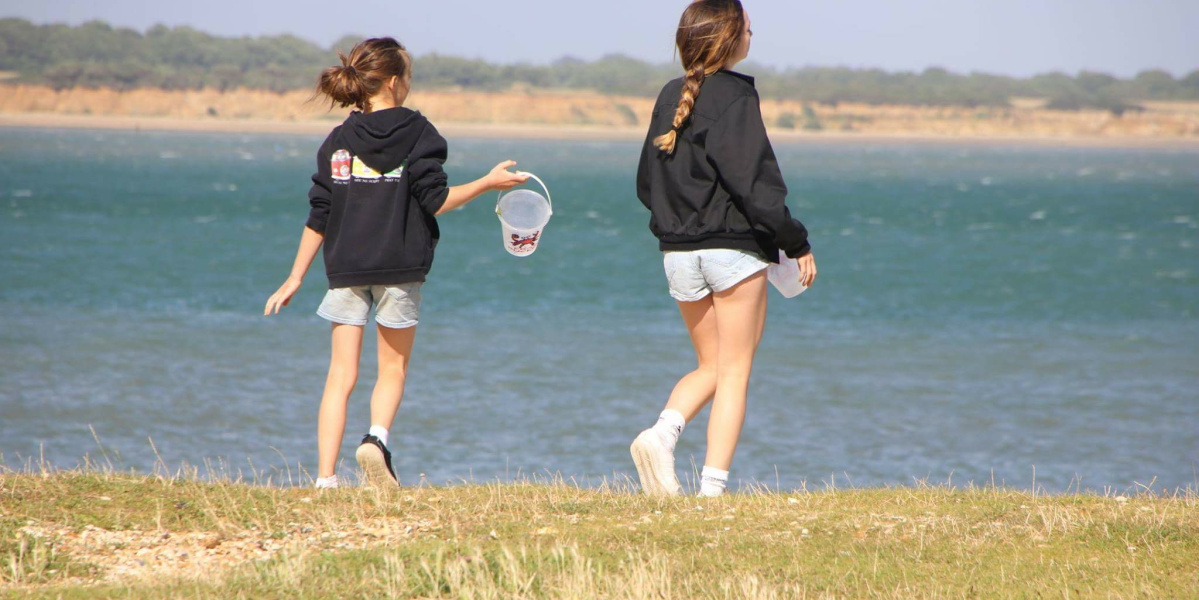Catherine and Rob. Read about their experience of fostering.
We are in our 17th year of fostering. When I think about it I realise it is a long time, a whole lifetime really and were still not done yet. Our children were really young when we started fostering and I did wonder whether choosing this life for them was the right thing. They have to share their home and their parents. And when times were tough, they had to explain to their friends the sometimes difficult behaviours of the children they were living with. But we always fostered as a family and I think short term difficulties with your own children far outweigh the long term benefits. They become incredibly empathetic and I think they learn to mix with all type of different types of children and adults. There aren’t many situations that arise that I don’t think they couldn’t cope with. We have had lots of different types of placements, and all of them bring their own challenges. I think it is one of those jobs that you never get to the end of learning. Every child is different and the skills you need are always new. It doesn’t matter if you think you know what you are doing, that you have looked after teenagers before, or parent and child placements or children with disabilities, they will present you with something different. Every time you think you have a new skill mastered, you need to learn more for the placement you’ve got. You have to have that confidence to keep going. It helps that I also know if I asked for help it would be there. I am not alone, there is a whole team supporting me and giving me the skills to meet every challenge. The hardest part of fostering is the fact that it is a whole lifestyle and not just a job. It doesn’t go away. It is 24 hours a day, 7 days a week, 365 days a year. And that is the hardest. The best part of fostering is that we have done lots of stuff that we might not have done with our lives otherwise. It changes you, you want to learn all the time. It encourages you to look at things differently and be a better person. I find it exciting, and I love not knowing what is coming next. I have learnt so much and how important it is to just be there. To try and make the children feel safe, to support them. By being there and forming those secure attachments. And they might be 44 before they look back at their time in foster care and realise that being in foster care was good for them and you were good for them. And you were trying to do the best for them. And you just have to wait.
Could you foster? Your age, experience, sexuality or marital status are not a barrier to fostering.
